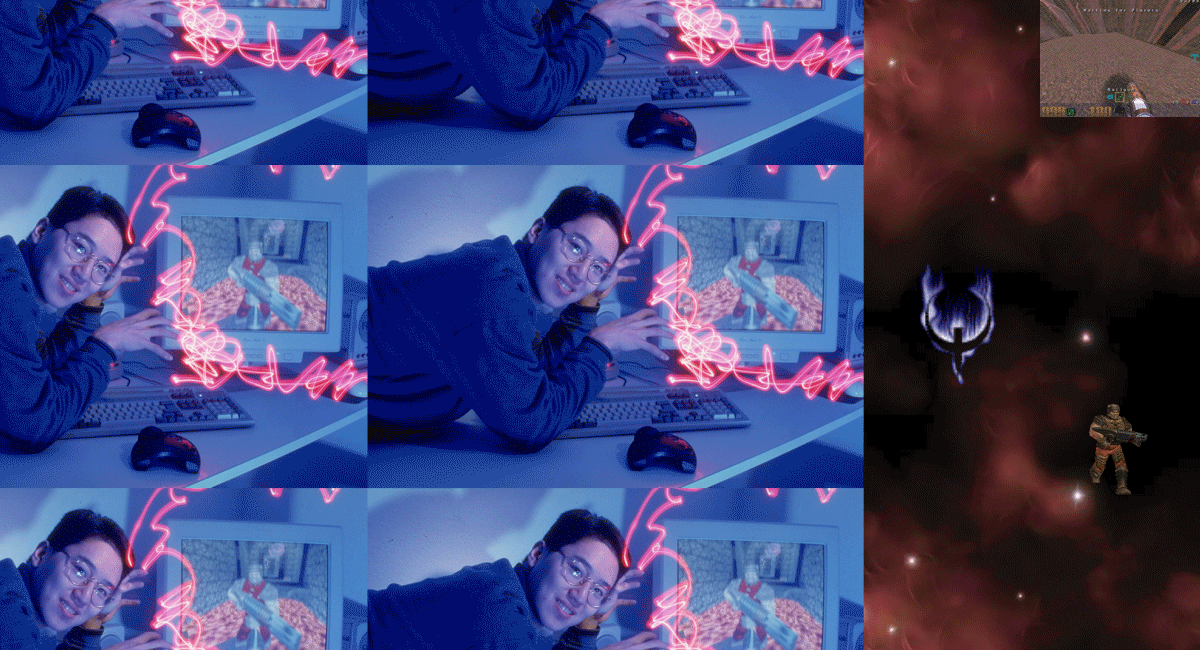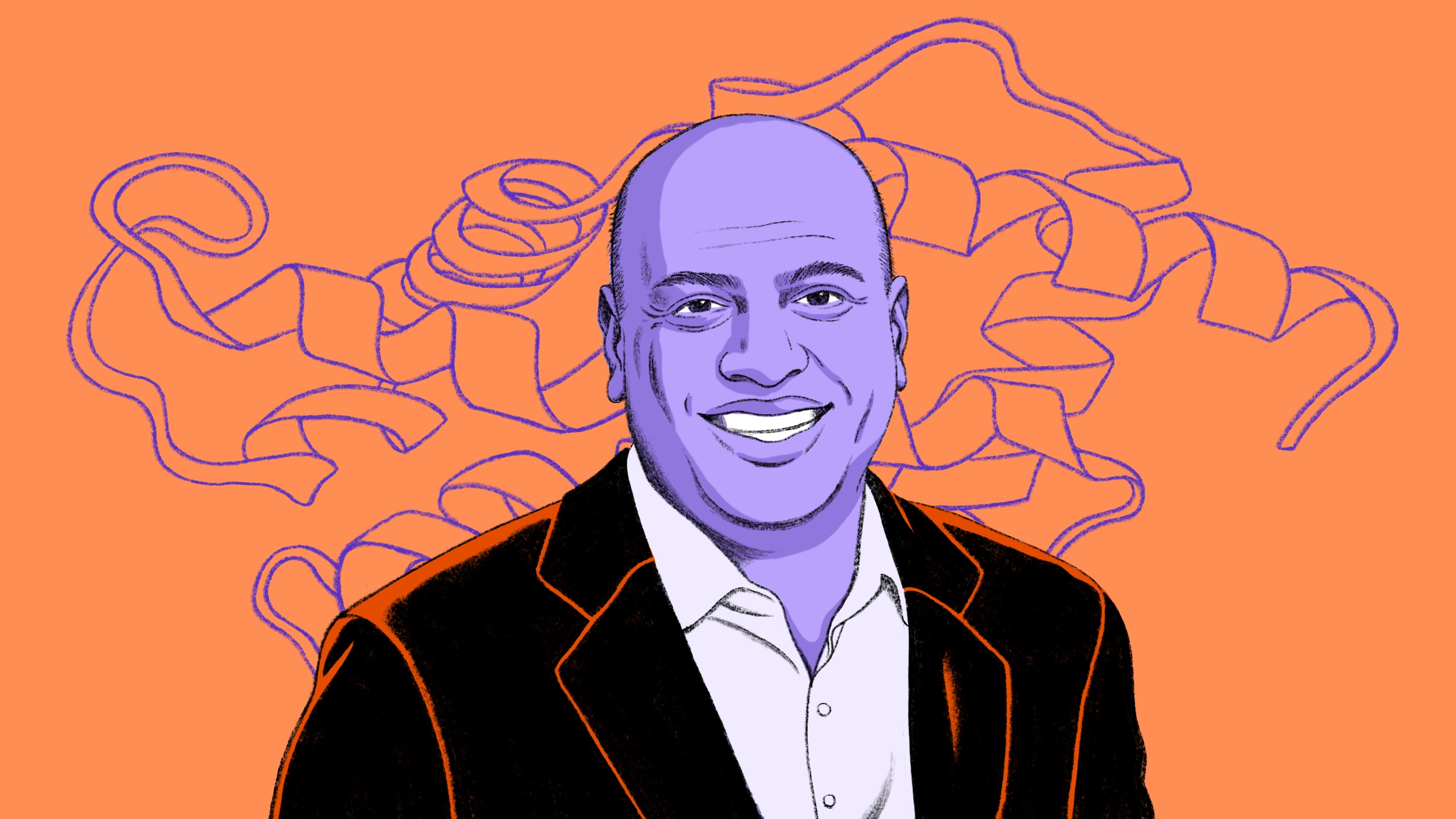The key is figuring out how to move that train one foot out of the station, says serial tech entrepreneur Gabe Zichermann. This video is part of a “Profiles in Entrepreneurship” series with Start Out, which promotes entrepreneurship in the LGBT community. http://www.startout.org
Question: How do you know when an idea is going to catch on?
Gabe Zichermann: Well let me say this to you. I think I meet a lot of entrepreneurs, and now I speak to a fair number of entrepreneurs, which is a tremendous honor. One of the things that I’ve learned is that the most difficult thing in the world is to move that train one foot out of the station. 99.9% of the population has an idea that is stewing in their head right now and their train is firmly in the station. It’s the very, very small percentage of them who can move just ever so slightly and once you get that first little bit of motion the rest of it is momentum that’s surprisingly easy to accomplish. Ideas in and of themselves really aren’t that valuable. It’s the ability to take that idea and turn that into something meaningful and turn that into a product that ultimately people want to buy, whether it’s companies or individuals. That’s really the magic of entrepreneurship and so what I tell everybody, what I told a group of gay aspiring entrepreneurs, MBA students just this past week in Atlanta, what I tell everybody is that first foot, whatever is holding you back from moving your idea forward set it aside. Do it. Do something. Take it product… do a demo of your product. Build a prototype of your product. Mock it up. Do it. Try it. There is no downside to doing that first step.
Question: Who was your role model?
Gabe Zichermann: My role model is my mom, who is a crazy serial entrepreneur. My mom is literally the best salesperson I’ve ever met in my whole life and I’ve had the privilege of working with some astonishing salespeople. From a very early age my mom had these side businesses, which eventually became her principle [source] of income and effort. She was never happier than when she had her little company selling fancy imported food or cookware, which were the two businesses for which she is probably best known. From a very early age I used to sell with her. From around the age of ten we would go to these markets around Toronto, which is the city where I grew up and you know it wasn’t necessarily the most fun thing process-wise, because it was a 4am start on a Saturday morning. We’d get into the truck, load it up, and drive out to wherever the market was being held and we’d setup our booth. I’d spend a big chunk of my day in the booth selling jam or cookware or whatever it was that we were working on and watching my mom sell was the inspiration, probably, for everything that I’ve done. It’s that moment where you get out of bed and you get up in front of people and you say this is my heart on a plate and would you like to buy it is the moment that you can move forward and the moment that you can accomplish the things that you want to accomplish.
Question: When have you felt most successful?
Gabe Zichermann: I think you have lots of moments of tremendous elation and tremendous disappointment. When you’re an entrepreneur I think every single day is a roller coaster and in fact I don’t think there is a day that goes by that I don’t hit some new high and I don’t hit some new low. You wake up and think what am I doing? What did I do with all my money? What am I doing with all these other people’s money? What am I doing with all my staff’s time? This is crazy. We’re never going to get there. Today I spoke on the phone to one of our top customers. I actually personally call each one of our top customers on a sort of rolling basis because I believe in talking to them and finding out what they’re about and you know it was a… It was like Christmas, Hanukah and Kwanza rolled into one experience. I mean he was talking my ear off about how much he loved beamME and how much it had changed his workflow and how it was meaningful and ours was one of the best products he’d ever used in his whole life. I mean what’s better than that? But similarly, when someone writes a bad, annoying review of our applications in the app store I’m on the far opposite end of the scale. Every day is a roller coaster and probably the most meaningful advice that I can give about the actual process of running a company is that you have to be ready for that, and being the CEO of a startup is probably the worst job in the whole world as far as I’m can tell because [when you're the] CEO of your own startup, you’re everybody’s bitch. You are your employee’s bitch. You are your investor’s bitch. You are your customer's bitch. Pardon the expression. You’re absolutely positively moved by what all those people do. You are here to turn this great creaking ship in the direction that you want to turn it in and you don’t get to fly off the handle and decide what you want to do and go to Aspen like everybody assumes you do, like CEOs of public companies do. CEOs of startups cannot act like that. I can’t say what is one my mind. If I said what was on my mind all the time I’d have no employees, investors, or customers. There is a lot of grin and bear it, and in that process you develop a unique skill set to filter what is important and what it not and you stay focused on the big picture or prize. And despite [the] fact that being an entrepreneur is one of the worst jobs in the whole entire world, I can’t imagine doing anything else.
Recorded on October 22, 2009





